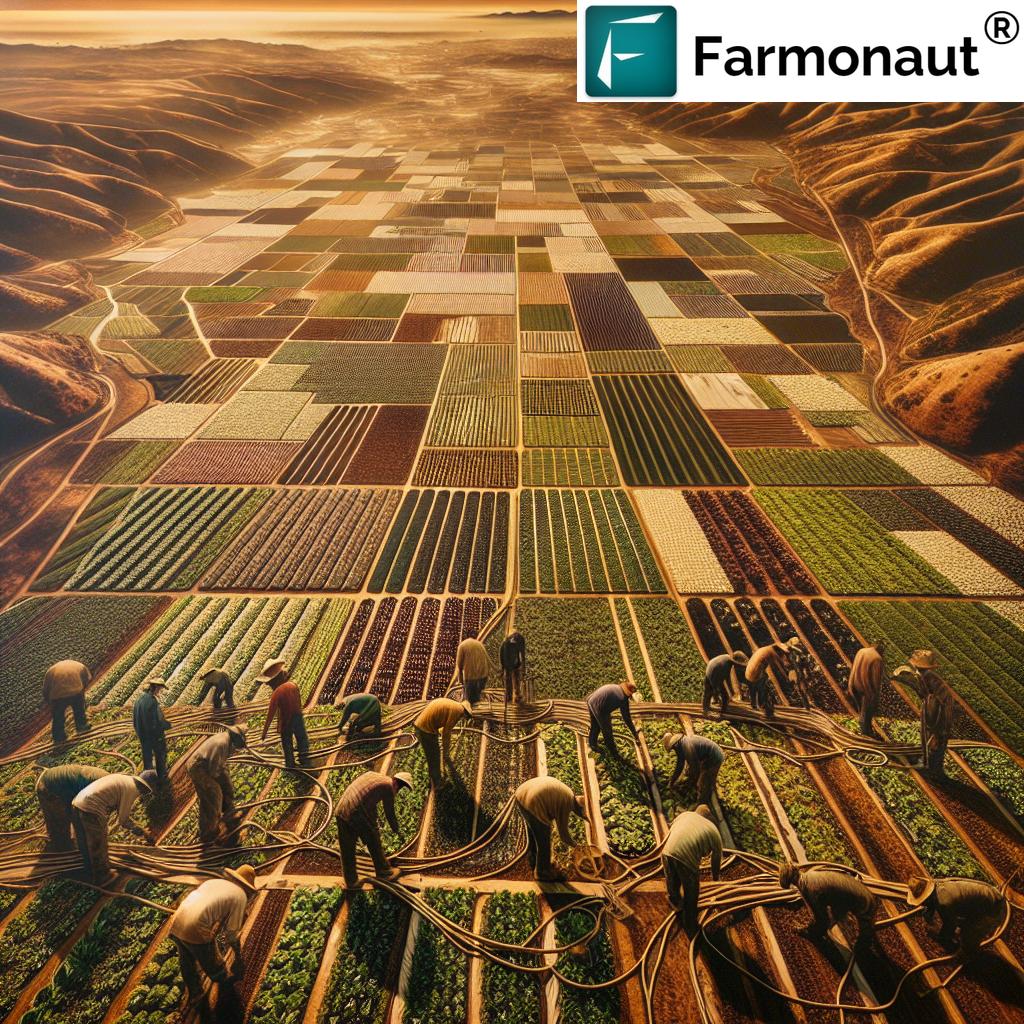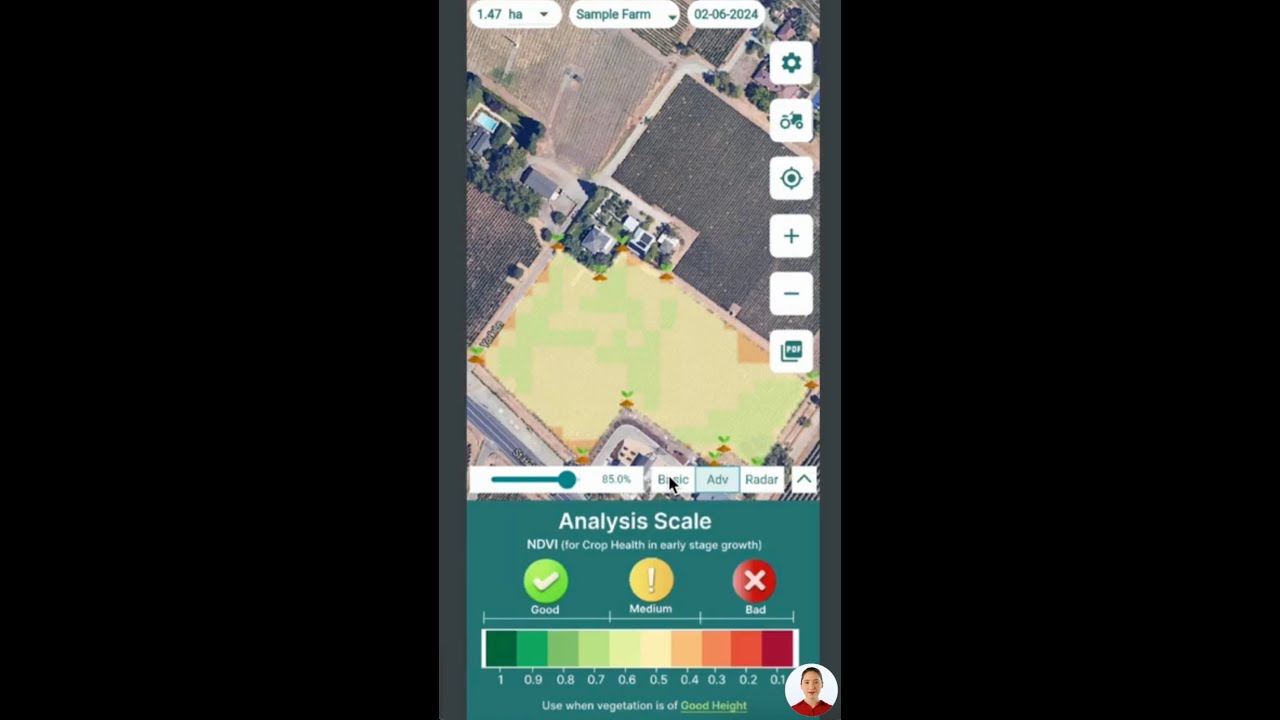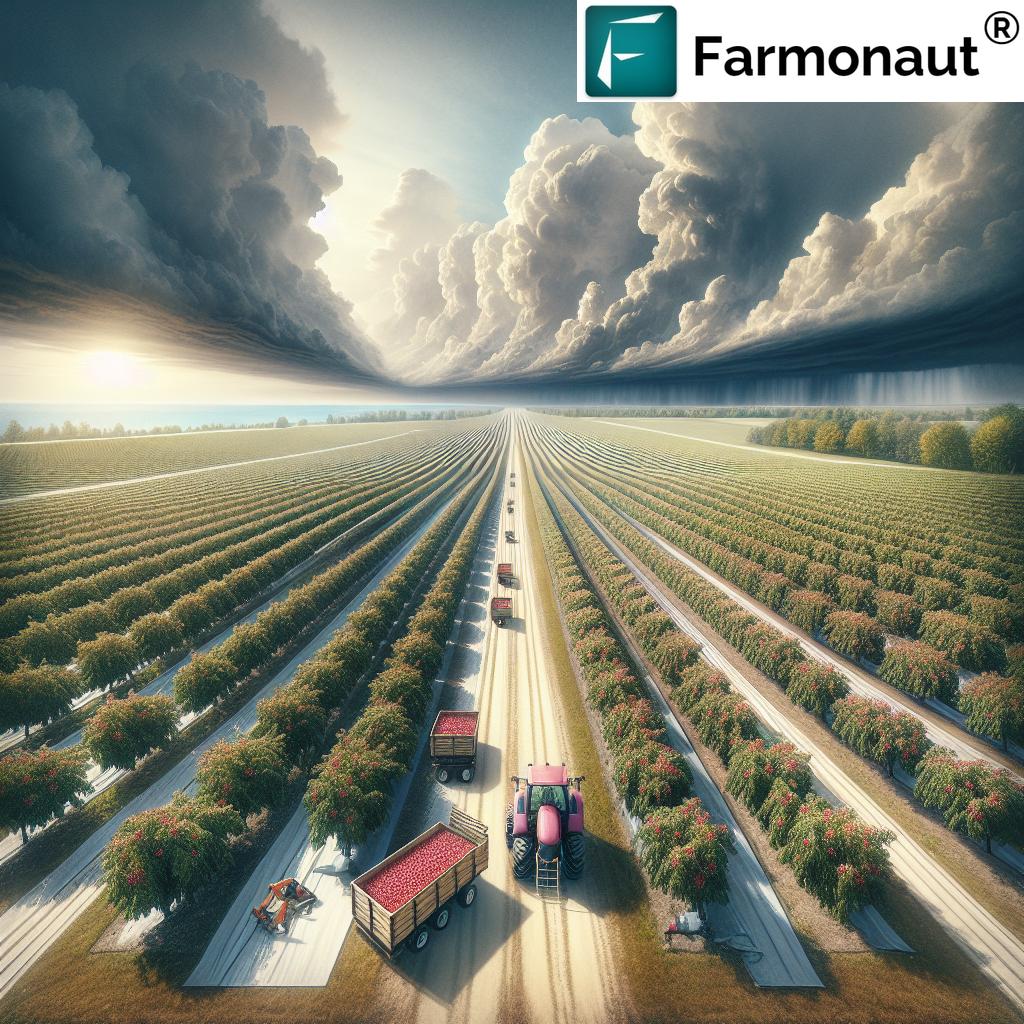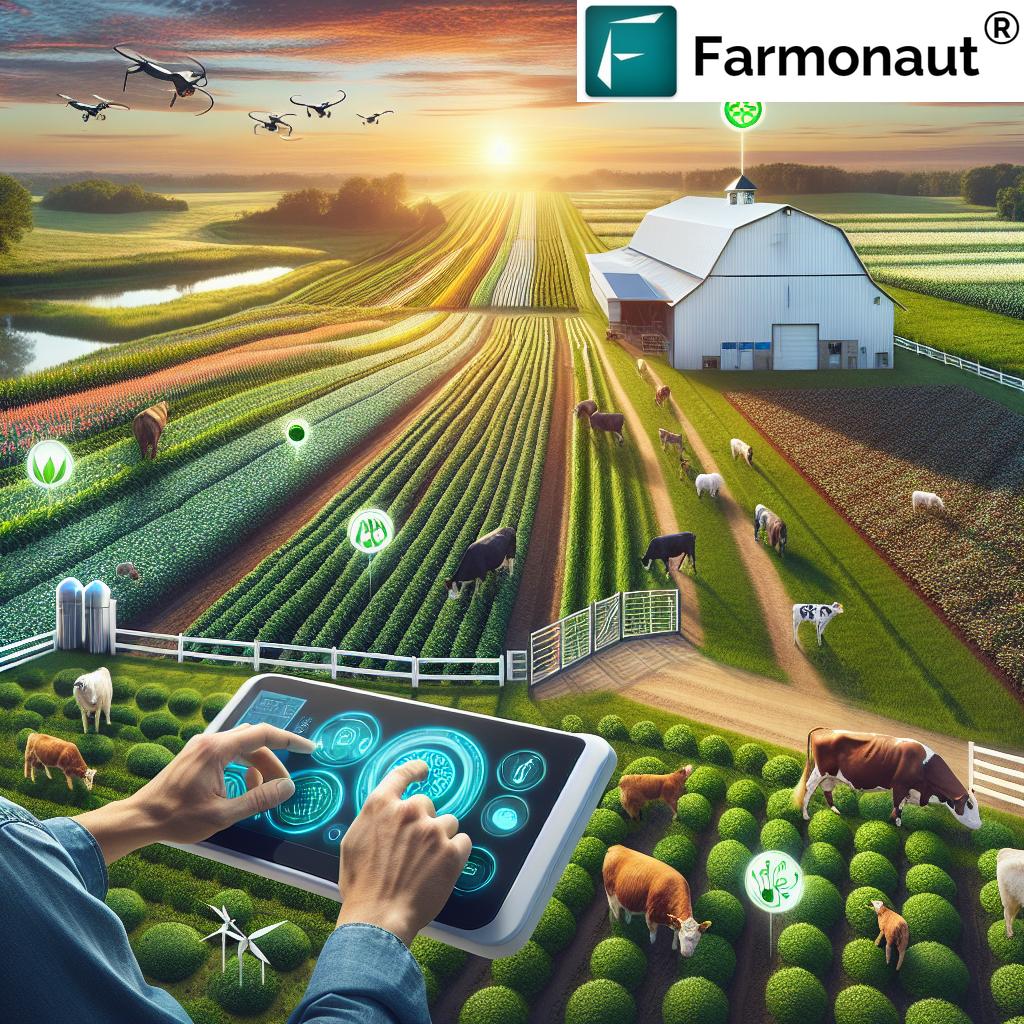Unveiling the Hidden Heroes: Salinas Valley’s Undocumented Agricultural Workers in “The Long Valley” Documentary
“The Long Valley,” a 13-minute documentary short, highlights the lives of undocumented workers in Salinas Valley’s agricultural sector.
We are excited to share with you a powerful narrative that sheds light on the unsung heroes of our agricultural landscape. The 2025 Sundance Film Festival is set to showcase “The Long Valley,” a poignant 13-minute documentary short that delves deep into the lives of undocumented workers in Monterey County’s Salinas Valley, a region crucial to California’s agriculture industry. This remarkable film stands out as one of only 57 shorts selected from an overwhelming pool of more than 11,000 submissions, underscoring the significant achievement of its creators, including local community members and alumni from California State University, Monterey Bay.
As we explore the themes and impact of this groundbreaking documentary, we’ll also touch upon how modern agricultural technology, such as the solutions offered by Farmonaut, are shaping the future of farming in regions like the Salinas Valley. Farmonaut’s satellite-based farm management tools provide valuable insights that can benefit both large-scale operations and individual farmers, potentially impacting the work lives of agricultural laborers as well.
The Heart of “The Long Valley”
“The Long Valley” offers an intimate glimpse into the daily experiences of essential workers who form the backbone of the agricultural sector in one of California’s most vital areas. By focusing on their stories, the film aims to honor and humanize the often-overlooked contributions of undocumented immigrants who seek better opportunities and futures for themselves and their families.

Executive producer Ana Sanchez articulates the film’s mission by stating, “Our documentary reflects the hard-working culture of immigrants who come to the United States in search of improved life prospects. It encapsulates their experiences and eternal aspirations.” This powerful statement resonates with the core themes of resilience and hope that permeate the narrative.
The Significance of Sundance Selection
The project’s creators express immense pride in the selection for Sundance, acknowledging the prestigious platform it provides to share their narrative with a wider audience. The festival screening is significant not only for the film’s exposure but also for the representation of the undocumented community in the spotlight.
Following its premiere at Sundance, the team plans to organize a screening on the Central Coast, ensuring that local audiences can also connect with and engage in the conversation surrounding the challenges and realities faced by these workers in their own community.
Salinas Valley: A Vital Agricultural Hub
The Salinas Valley, located in Monterey County, is a crucial agricultural region featured in a film selected for the 2025 Sundance Film Festival.
To understand the context of “The Long Valley,” it’s essential to recognize the importance of the Salinas Valley in California’s agricultural landscape. This region, often referred to as the “Salad Bowl of the World,” is renowned for its fertile soil and ideal growing conditions. The valley produces a significant portion of the nation’s lettuce, broccoli, strawberries, and other vegetables and fruits.
The agricultural success of the Salinas Valley relies heavily on its workforce, a substantial portion of which consists of undocumented workers. These individuals play a crucial role in planting, tending, and harvesting the crops that feed millions across the country and beyond.
The Impact of Undocumented Agricultural Workers
To fully appreciate the contributions of undocumented agricultural workers in the Salinas Valley, let’s examine some key statistics and information:
| Aspect | Data/Information |
|---|---|
| Economic Impact | Estimated annual contribution of $8.1 billion to local economy |
| Percentage of Workforce | Approximately 50-70% of agricultural workers are undocumented |
| Key Crops Harvested | Lettuce, strawberries, broccoli, cauliflower, grapes |
| Average Daily Wages | $12 – $15 per hour (varies by crop and season) |
| Common Challenges Faced | Housing insecurity, limited healthcare access, fear of deportation |
| Community Support Programs | Legal aid clinics, health outreach programs, ESL classes |
This data underscores the significant role undocumented workers play in sustaining the agricultural economy of the Salinas Valley and, by extension, the food supply of the entire nation.
The Human Stories Behind the Statistics
“The Long Valley” excels in bringing these statistics to life through personal narratives. The documentary introduces us to individuals who have left behind their homes, families, and familiar surroundings in search of a better life. These workers face numerous challenges, including:
- Language barriers
- Cultural adjustment
- Separation from family
- Constant fear of deportation
- Lack of access to healthcare and social services
- Exploitation by unscrupulous employers
Despite these obstacles, the film showcases the resilience, determination, and hope that characterize the undocumented worker community in the Salinas Valley.
The Role of Technology in Modern Agriculture
While “The Long Valley” focuses on the human aspect of agriculture, it’s worth noting how technological advancements are shaping the industry. Companies like Farmonaut are at the forefront of this agricultural revolution, offering satellite-based farm management solutions that can potentially improve working conditions and efficiency in regions like the Salinas Valley.
Farmonaut’s platform provides valuable services such as real-time crop health monitoring, AI-based advisory systems, and resource management tools. These technologies can help farm owners and managers make data-driven decisions that could lead to more sustainable practices and potentially better working conditions for agricultural laborers.
For instance, Farmonaut’s satellite-based crop health monitoring can help optimize irrigation and fertilizer usage, potentially reducing the physical strain on workers. The Jeevn AI Advisory System could provide insights that lead to more efficient crop management, possibly resulting in better-planned work schedules for laborers.
The Intersection of Technology and Human Labor
While technological advancements like those offered by Farmonaut are transforming agriculture, it’s crucial to recognize that they complement rather than replace human labor. The stories highlighted in “The Long Valley” remind us of the irreplaceable human element in farming, especially in labor-intensive crops that dominate the Salinas Valley.
As we embrace agricultural technology, we must also address the social and economic challenges faced by undocumented workers. This balance is key to creating a more sustainable and equitable agricultural system.
The Broader Context: Immigration and Labor in America
“The Long Valley” contributes to a larger conversation about immigration and labor in the United States. The documentary invites viewers to consider several complex issues:
- The dependency of the U.S. agricultural sector on undocumented labor
- The ethical implications of current immigration policies
- The disconnect between public perception and the reality of undocumented workers’ contributions
- The need for comprehensive immigration reform that addresses both economic needs and human rights
By humanizing the stories of undocumented workers, the film challenges viewers to reconsider their perspectives on immigration and the people behind our food supply.
The Future of Farming and Labor in the Salinas Valley
As we look to the future of agriculture in regions like the Salinas Valley, it’s clear that a multifaceted approach is necessary. This approach should combine:
- Technological innovation to improve efficiency and sustainability
- Policy reforms to address the legal status and rights of agricultural workers
- Community-based initiatives to support and integrate immigrant communities
- Consumer education to increase awareness about the source of our food
Companies like Farmonaut play a crucial role in the first point, offering tools that can help farmers optimize their operations. For instance, Farmonaut’s API allows developers and businesses to integrate satellite and weather data into their own systems, potentially leading to more innovative solutions for agricultural challenges.
The Power of Storytelling in Driving Change
“The Long Valley” exemplifies the power of documentary filmmaking in driving social change. By bringing the stories of undocumented workers to the forefront, the film has the potential to:
- Raise awareness about the challenges faced by this community
- Inspire empathy and understanding among viewers
- Motivate action at both individual and policy levels
- Contribute to a more nuanced public discourse on immigration and labor
The selection of this film for the Sundance Film Festival amplifies its potential impact, providing a prestigious platform for these important stories to reach a wider audience.

The Role of Local Voices in Shaping Cultural Narratives
One of the most compelling aspects of “The Long Valley” is its emphasis on local voices. The involvement of community members and CSU Monterey Bay alumni in the creation of this documentary underscores the importance of authentic storytelling. By allowing those closest to the issue to shape the narrative, the film offers a more nuanced and genuine portrayal of the undocumented worker experience.
This approach aligns with a broader trend in documentary filmmaking that prioritizes community involvement and representation. It’s a reminder that the most powerful stories often come from within the communities they depict.
The Impact of “The Long Valley” on Policy and Public Opinion
While it’s too early to gauge the full impact of “The Long Valley,” similar documentaries have been known to influence public opinion and even policy decisions. The film has the potential to:
- Encourage local and state legislators to address issues facing undocumented workers
- Inspire community initiatives to support immigrant populations
- Promote more ethical consumer choices by raising awareness about farm labor conditions
- Foster dialogue between different stakeholders in the agricultural industry
As viewers engage with the film, they may be inspired to take action, whether through advocacy, volunteering, or simply making more informed choices about the food they consume.
The Intersection of Art and Advocacy
“The Long Valley” stands at the intersection of art and advocacy, using the power of visual storytelling to shed light on a critical social issue. This approach has several advantages:
- It makes complex issues more accessible to a general audience
- It evokes emotional responses that can lead to lasting engagement with the topic
- It provides a platform for voices that are often marginalized in mainstream media
- It encourages viewers to see beyond statistics and connect with individual stories
By blending artistic expression with social commentary, “The Long Valley” joins a long tradition of documentaries that have played crucial roles in shaping public discourse and driving social change.
The Future of Agricultural Labor and Technology
As we reflect on the themes presented in “The Long Valley,” it’s important to consider the future of agricultural labor in the context of technological advancement. While companies like Farmonaut are revolutionizing farm management with satellite-based solutions, the human element in agriculture remains irreplaceable, especially in regions like the Salinas Valley.
The challenge moving forward will be to harness technological innovations in ways that improve working conditions and opportunities for agricultural laborers, including undocumented workers. This might involve:
- Using data-driven insights to create more efficient and less physically demanding work schedules
- Implementing precision agriculture techniques to reduce exposure to harmful chemicals
- Developing training programs to help workers adapt to new agricultural technologies
- Creating more transparent supply chains that prioritize fair labor practices
Conclusion: A Call for Understanding and Action
“The Long Valley” serves as a powerful reminder of the human stories behind our food system. As we celebrate the film’s selection for the Sundance Film Festival, we’re called to reflect on our own roles as consumers, citizens, and members of a global community.
The documentary challenges us to consider the complexities of immigration, labor, and agriculture in America. It invites us to look beyond simplistic narratives and engage with the real-life experiences of those who work tirelessly to put food on our tables.
As we move forward, let’s carry the stories from “The Long Valley” with us. Let them inform our choices, shape our conversations, and inspire us to work towards a more just and equitable agricultural system. Whether through supporting ethical farming practices, advocating for fair immigration policies, or simply acknowledging the contributions of undocumented workers, each of us has a role to play in shaping the future of our food system and our communities.
FAQ Section
Q: What is “The Long Valley” about?
A: “The Long Valley” is a 13-minute documentary short that explores the lives of undocumented agricultural workers in the Salinas Valley of Monterey County, California. It highlights their contributions, challenges, and aspirations.
Q: Why is the Salinas Valley significant?
A: The Salinas Valley is a crucial agricultural region in California, often called the “Salad Bowl of the World” due to its significant production of lettuce, broccoli, strawberries, and other crops.
Q: What percentage of agricultural workers in the Salinas Valley are undocumented?
A: Estimates suggest that 50-70% of agricultural workers in the Salinas Valley are undocumented.
Q: How does “The Long Valley” contribute to the conversation on immigration?
A: The documentary humanizes the stories of undocumented workers, challenging viewers to reconsider their perspectives on immigration and the people behind the U.S. food supply.
Q: What are some of the challenges faced by undocumented workers in agriculture?
A: Undocumented workers often face challenges such as language barriers, cultural adjustment, separation from family, fear of deportation, lack of access to healthcare and social services, and potential exploitation by employers.
Q: How can technology impact agricultural labor?
A: Technologies like those offered by Farmonaut can improve farm management efficiency, potentially leading to better working conditions. However, it’s crucial to balance technological advancement with the protection of workers’ rights and opportunities.



















